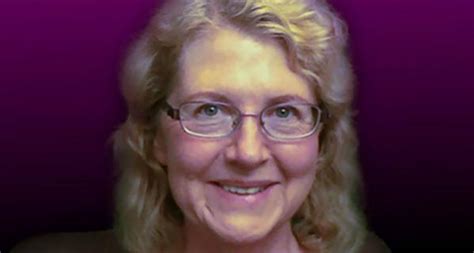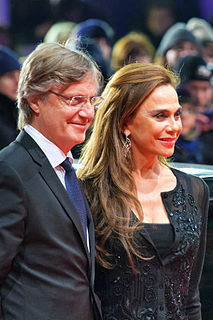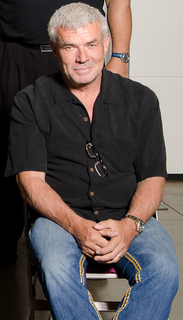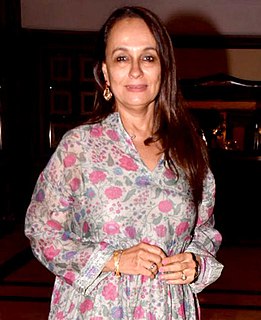A Quote by Ursula K. Le Guin
Do remember, though, that unless you're a playwright, the result [dialogue] isn't what you want; it's only an element of what you want. Actors embody and re-create the words of drama. In fiction, a tremendous amount of story and character may be given through the dialogue, but the story-world and its people have to be created by the storyteller. If there's nothing in it but disembodied voices, too much is missing.
Related Quotes
I'm sure that everything you do contributes to the sort of novel that you write. A lot of actors have an understanding of drama and a good ear for dialogue and also the rhythm of speech. Similarly, my 16 years in radio drama has influenced me. You only have 45 minutes, or 7,000 words, to tell a story, so every scene has to have a point.
'Seize the Story' takes readers all the way through the process of writing fiction, from beginning to end. Every element, from dialogue to setting, plotting to character creation, is laid out and illustrated with examples. But the tone of the book is not that of a dry writing manual - it's definitely written for teenagers.
I hate irony, particularly when it is used because there isn't any message or to hide that someone hasn't any story to tell. Just like when someone only spews out a stack of cool words which don't mean anything and then has the gall to call it art. I always want to create a bridge between us and the listener, and I want it to be so that kids want to create for themselves a story or a context of the words.
Professional wrestling... is no different than a Broadway play except that in a Broadway play, actors are using dialogue to tell a story and establish their characters, while in WWE, they're using a physical dialogue to tell their story and build their characters. That's a very unique art; it really is.
With fiction, you are creating an imaginary world. And it can be a very mechanical process. In a fictional film, you create the characters who become "real people" when facing the camera. When you stop shooting, they change their costumes and become someone else. And people tend to believe in documentary more than fiction. Even if the fiction is based on a true story, everybody will say, "Oh, they're only actors."







































